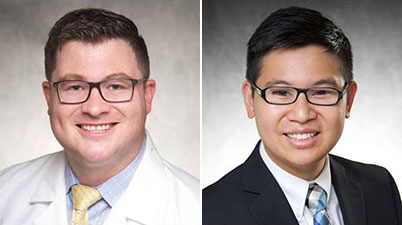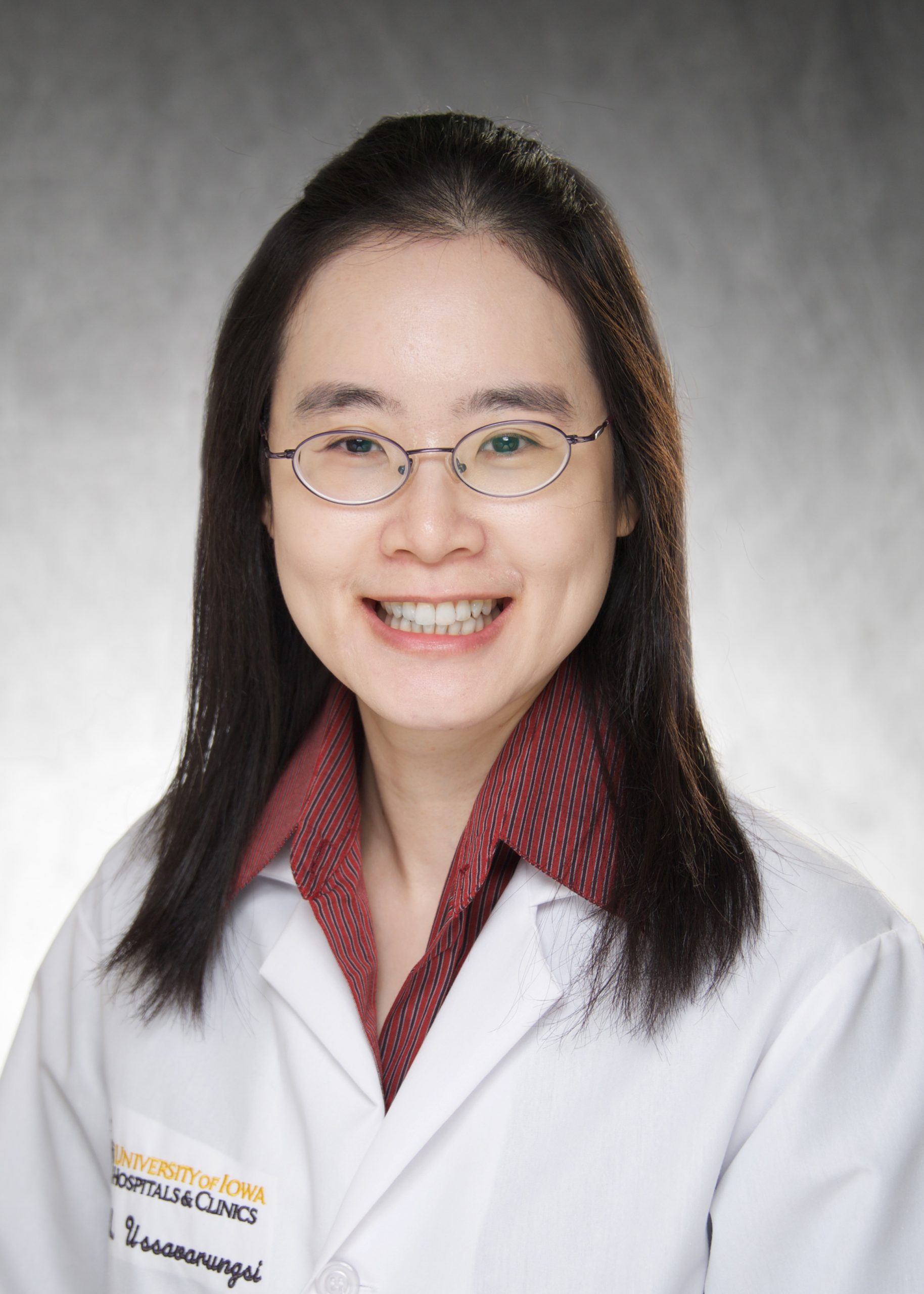In reflecting on our journey during this last pandemic year, I have been gratified to see so many of our colleagues step into or expand their leadership roles, working extra hours, lending your expertise and voice to public messaging, or working behind the scenes to ensure a safe environment for staff and patients. Leadership within University of Iowa Health Care, including many from our department, stepped into the chaotic and confusing environment and not only offered education and reassurance, but guidance so that we were all rowing in the same direction. As we emerge from the fog of COVID-19 war, it is important to remember how fortunate we are in America regarding vaccine availability and to not lose sight that the majority of humanity are still standing in line. Our successes as an institution and department in weathering the storm reflects a culture in which we each place a primacy on collaboration over hierarchy. At Iowa, the best and most rigorously tested ideas should win out, regardless of their source. And our leaders, both senior and those that are emerging, perpetuate that culture.
Examples of visionary but collaborative leaders among our faculty abound. The recent transition in the Inflammation Program is an excellent example. Although we now take the concept of interdisciplinary research for granted and embrace this as an institutional priority, then-Chair and Director of the cardiovascular research center that now bears his name Dr. Frank Abboud was ahead of his peers in understanding that breaking down barriers between departments would accelerate discovery. In 1998, he helped engineer the support needed for Dr. Bill Nauseef to establish a group dedicated to advancing our understanding of inflammation, its causes, and its consequences. Dr. Nauseef gathered researchers from across the college to share ideas and to seek funding for new projects or to untangle knots in existing ones. The Inflammation Program combined research expertise from a number of departments throughout the College of Medicine. Over the following decades, significant grant funding was awarded and countless papers published. In addition, numerous students, postdocs, and fellows graduated richer for their exposure to so many disciplines. This was manifest in the many heartwarming tributes from near and far that Bill received during a “surprise” recognition event on Zoom a few weeks ago. The scientific community is indebted to Dr. Nauseef for his commitment to that one principle of collaboration above all else. The program has served as a model for many other research centers on this campus and elsewhere. Now, Dr. Nauseef has handed over the reins to Dr. Josalyn Cho, who will guide the Inflammation Program through the rest of its third decade and beyond. As the new director, Dr. Cho will maintain, as she says, the program’s “tradition of collaboration and curiosity.” Congratulations and all our support to her in this new role.
That other word besides collaboration that Dr. Cho used, “curiosity,” reminded me of the theme that was evident during a recent fete for Dr. Joseph Zabner in honor of his Recognition Award for Scientific Accomplishment from the American Thoracic Society. Joseph delivered a repeat of the acceptance lecture he recorded for the virtual ATS meeting (available here), to a live audience of colleagues, trainees, and other adoring fans. Dr. Zabner took us on a journey through his career from ideas to discoveries to frustrating detours to our current moment of highly effective treatments for cystic fibrosis. At every stage it was clear that curiosity led to answers, which led him to more questions. This cycle was and continues to be a motivating force for him. In addition to his personal curiosity, as many there pointed out in remarks, it is the dissemination of that curiosity to his team that has always made and continues to make his lab so successful. He creates the environment for others to be equally as curious, honoring their questions with equal amounts of rigor and respect, whether that question comes from a mentor, a peer, or a trainee. The opportunity for our trainees—medical students, residents, fellows, and postdocs—to access his generous curiosity renders them, perhaps, the most critical beneficiaries. Besides addressing daily questions, as they start labs of their own, they would have learned from Joseph how good science is done. What a treat it was to celebrate one of the greats among us.
Our clinician educators also provide leadership, and that is reflected in the raft of education awards and feedback we receive. For the second year in a row, the Graduate Medical Education office has awarded top residents and fellows the Excellence in Clinical Teaching Awards. With nominations from peers, medical students, and faculty members, 13 of the 56 nominees came from our training programs. Three of the ten winners are from our Internal Medicine and Medicine-Psychiatry residencies. This is truly outstanding and shows not only that we recruit the very best, but that once they get here, our program directors, associate program directors, and all our attendings provide that little bit of extra coaching to raise their skills even further. Two of our most distinguished educators (Drs. Katie Harris and Manish Suneja) were nominated for Teacher of the Year Awards from the medical students this year and kudos to Dr. Suneja for receiving the Professor of the Year award from our second-year medical students. On a more personal level, I always enjoy reading the feedback our medical students provide for our residents, faculty, and fellows after they finish their rotations with us. The most recent set went beyond generalities and provided specific examples, such as Dr. Andy Bryant’s method of providing the students a list of topics from which they can choose to learn more or Dr. Justin Chau spending an extra 15 minutes walking a student through a variety of CT scans. These examples paint a picture of an entire team of passionate educators.
Finally, when we talk about leaders in the department, we do well to recognize those who have come before us and to honor the work they did to get us to where we are today. One of the strengths of our department is our relationship with the VA Medical Center, and one of our faculty who built that foundation is Dr. Gerald DiBona. To honor his immense contribution, the DiBona Academics in Service of the Iowa City VA Award was created and will annually honor a faculty member who demonstrates excellence in all or most of the tripartite mission. The UI Center for Advancement has launched a Gold Rush campaign to fund this award into the future and we hope that you will contribute to endow it in perpetuity.


